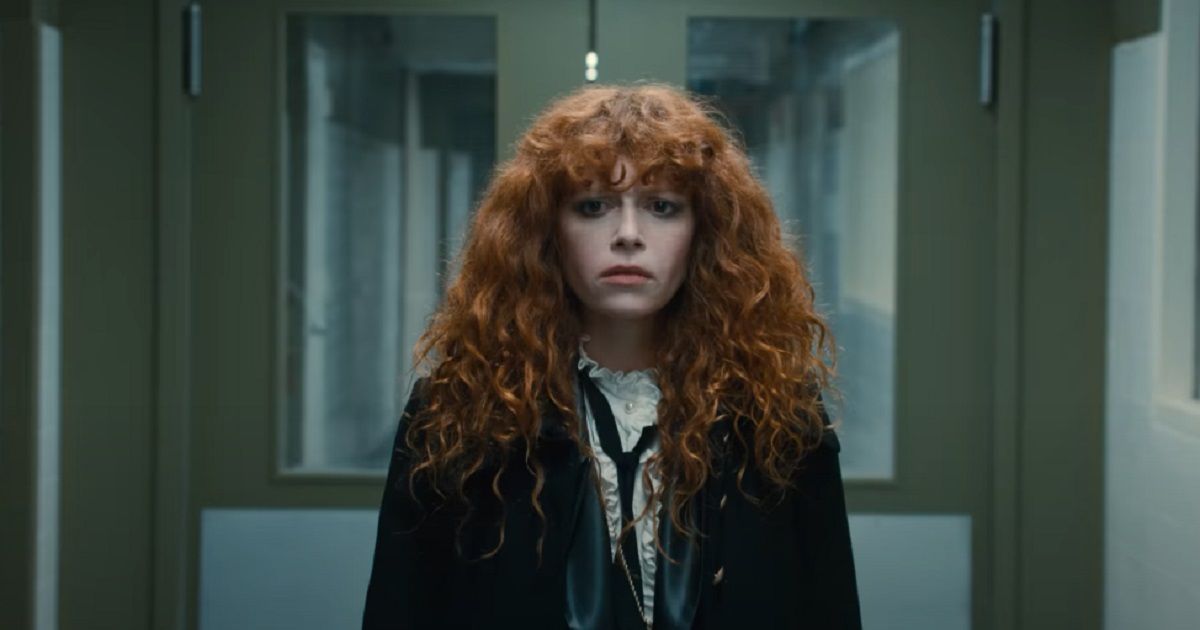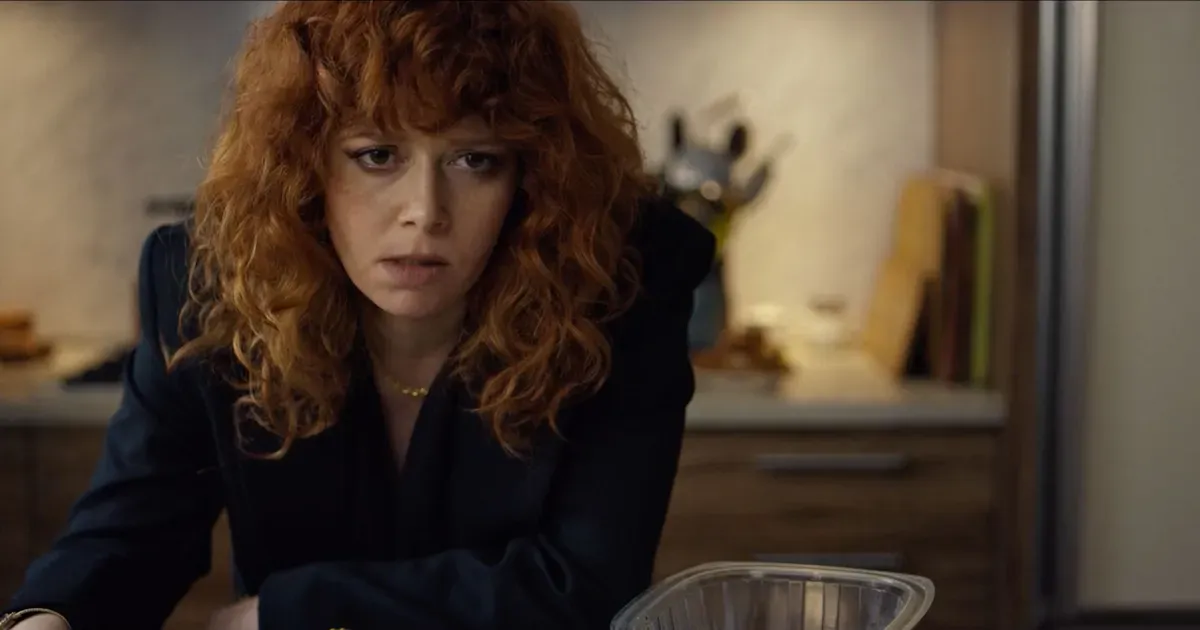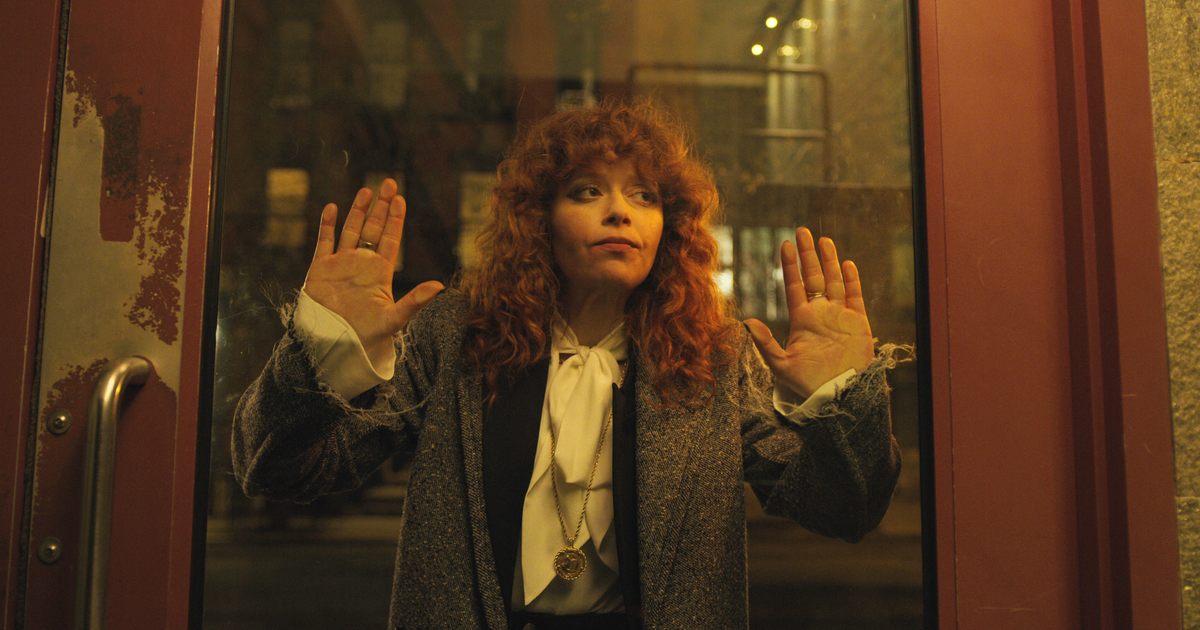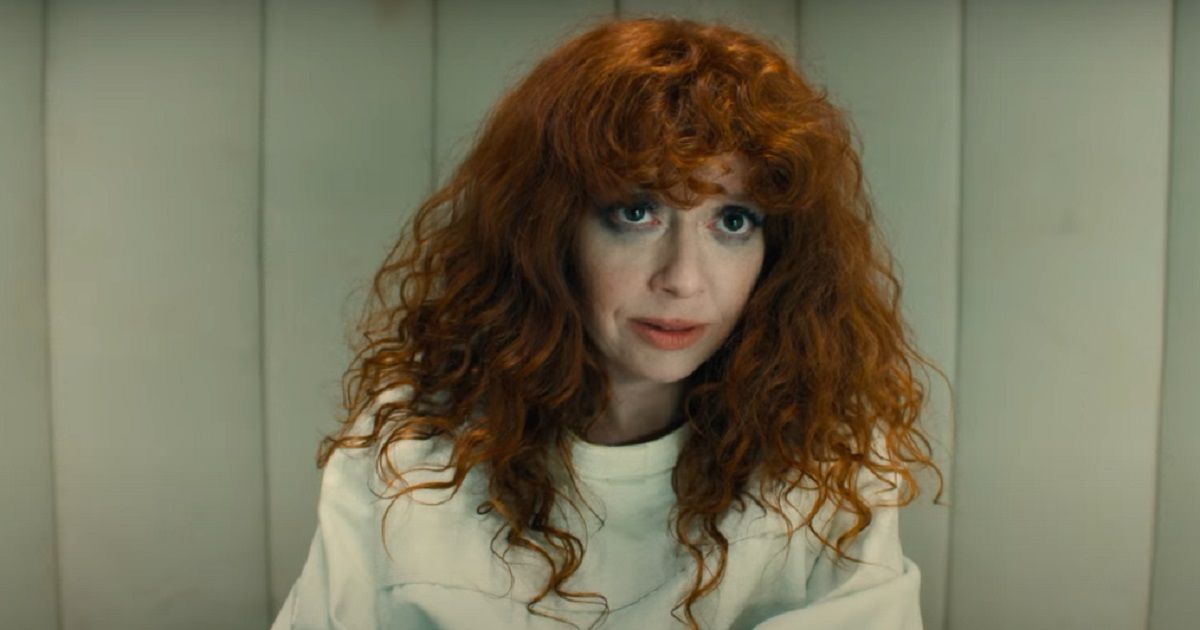Award-winning actress, producer, and writer Natasha Lyonne has effortlessly built an impeccable range of work that entails complex subject matters, yet she conveys these series of characters from Lyonne's best movies and TV shows in a fascinating and relatable manner, almost as if they were our friends or family members. As the lead actress and co-creator (along with SNL alum & acclaimed comedian Amy Poehler and Leslye Headland) of Netflix's hit original series Russian Doll, her show has grossed a massive fan base, currently ranking in the top five comedy standings, on the streaming platform.
Packed with mounds of dark humor and bold storytelling, season two of Russian Doll is slated to air April 20th, exclusively on Netflix. With the highly anticipated second season on the horizon, we explore what makes this series much more than the traditional Groundhog Day knockoff.
Russian Doll, Groundhog Day, and Time Loops
The distinct similarities Russian Doll has to Edge of Tomorrow, Happy Death Day, and Groundhog Day, lies in the overall plot of reliving the same day over and over again, and ultimately learning critical components in order to better themselves. The cultural phenomenon and spiritual masterpiece Groundhog Day is centered around Phil (Bill Murray), a sarcastic local TV weatherman who finds himself reliving the same day over and over again, after he travels on location to the small town of Punxsutawney, filming a report based on the town's annual Groundhog Day.
In Edge of Tomorrow, William Cage (Tom Cruise), a new officer of a military unit who has never been in combat, is suddenly killed moments after going into a suicide mission. As Cage is thrown into a time loop, he begins to relive the same fight leading to his death. Last but not least, Happy Death Day follows Tree Gelbman (Jessica Rothe), a self-centered university student who must relive the same day over and over again, the day in which a masked killer violently murders her in a brutal attack.
In the case of Russian Doll, Edge of Tomorrow, Happy Death Day, and Groundhog Day, all four projects (and others like Palm Springs) are related, and not just in the sense that those movies are great to watch if you like Russian Doll. in the sense that these main characters are faced with being doomed to repeat their most horrific moments over and over again, usually until they're able to overcome their personal demons and learn important components to better themselves.
For Nadia in Russian Doll, the story may be related to the connection of her drug use. Nadia’s habits are tied to repeating the same behavioral patterns, forcing her to mentally go back into dark early childhood moments, eventually coming into some sort of solace.
What Russian Doll Does Differently
The dramedy series Russian Doll follows Nadia (Natasha Lyonne), a woman who unexpectedly becomes caught in a time loop after attending her birthday party on a seemingly typical New York City evening. After a long night of partying, drinking, and drug escapades, not to mention spur of the moment hookups, Nadia abruptly dies in a series of sometimes hilarious ways, just to return to the same night where her birthday party is taking place. In every occasion, after Nadia dies, she immediately restarts the same moments at the party, where she's currently staring into the bathroom mirror.
As the show is being depicted primarily through the female's perspective, viewers are able to see the extensive character layout, providing more detail to these solid voices. From Nadia's relationship with her mother to shedding further light on her female friends, the way in which the show branches out in season one is unconventional and refreshing to watch. In episode four, we learn that Alan (Charlie Barnett) is also stuck in a time loop, where he is also forced to relive the same night as well. This differs from most projects that are connected to time loops because it offers various perspectives as opposed to only being framed around one central character.
Natasha Lyonne and the Russian Doll of Drug Use
Ultimately, the approach that Natasha Lyonne takes in portraying Nadia is organic and realistic, partially inspired by the past events in her personal life. Referencing Nadia's series of drug escapades as “quantum consequences,” she accurately lays out the daily strain that addiction places on the brain, and daily life in general, resembling this realistic component within the series. Lyonne, who ultimately kicked heroin and underwent open-heart surgery because of it, used her own experiences to accurately portray what Nadia is going through, being immersed in a similar haze.
As Nadia is sent on this journey of reflection and perseverance, it could be said that her consecutive time loops are interconnected to a specific part of her brain that has created this simulation to aid her in overcoming her past traumas. As her character works as a video game developer, she could unconsciously be recreating these series of events for herself without even being aware of it. As such, Russian Doll offers interesting takes on simulation theory, the devastating effects of substance use, and a feminist twist on the same old time-loop formula, making it transcend the comparisons to Groundhog Day and become its own great, unique work of art.




